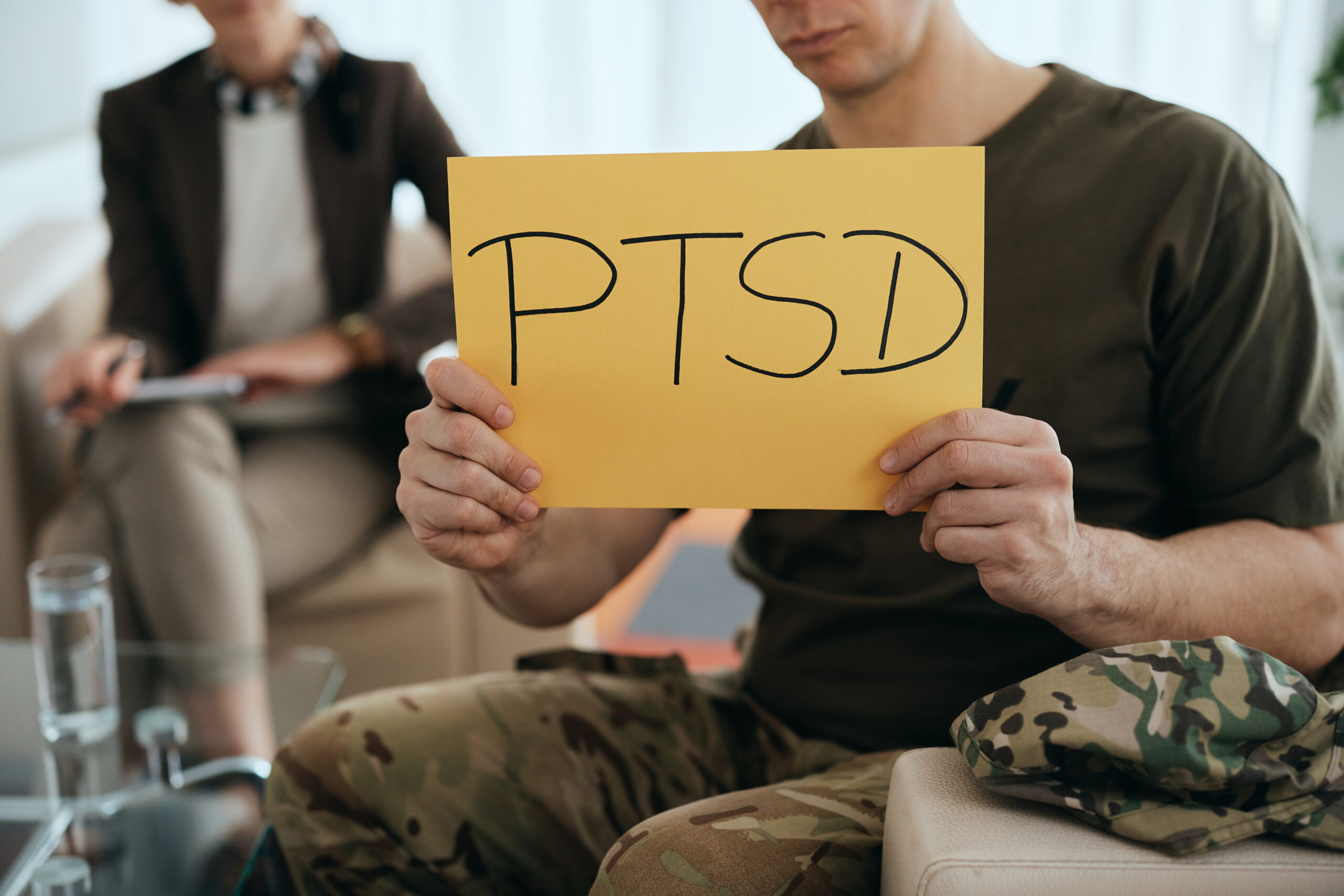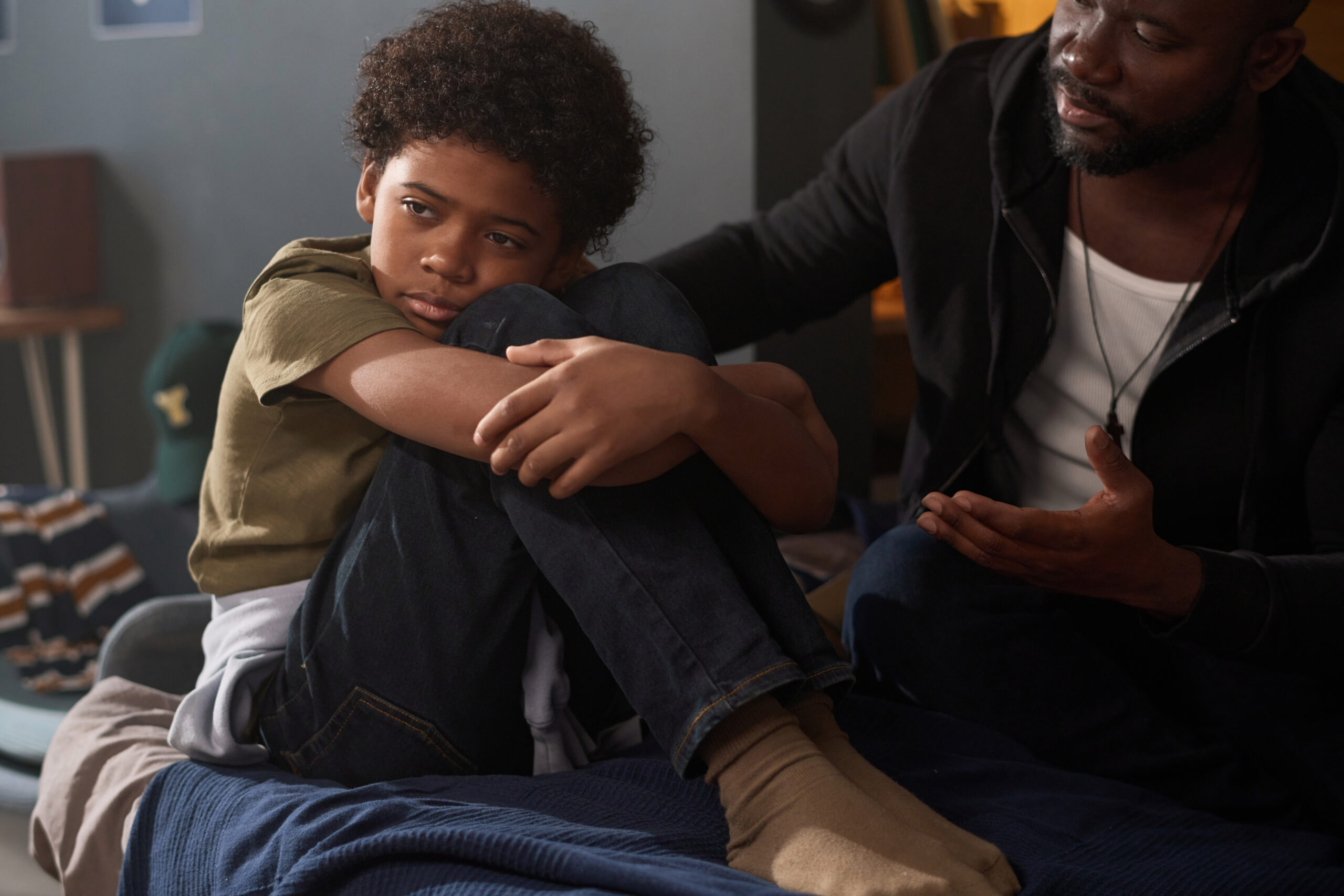If you are experiencing post-traumatic stress disorder (PTSD), you might feel uneasy about certain memories…

20 Common Reactions to Trauma
Most individuals are likely to encounter a distressing event at some stage in their lives, such as a car accident, a natural calamity, a medical emergency, a fire, or instances of trauma stemming from assault, abuse, combat, or robbery. Furthermore, trauma can arise from witnessing harm to others or learning about a loved one’s distressing encounters. Irrespective of its source, trauma exerts a lasting impact on the brain. Research consistently reveals that post-traumatic stress disorder (PTSD) is correlated with heightened brain activity in regions responsible for processing fear and diminished activation in sections of the prefrontal cortex.
20 Common Reactions to Trauma
1. Replaying the Memory. Repetitive distressing memories can be overwhelming as the mind revisits upsetting experiences, causing distress even when trying to move past them.
2. Nightmares. After a traumatic experience, nightmares may occur as the brain processes the event during sleep, often featuring themes like danger or being chased. These nightmares can worsen sleep quality post-trauma.
3. Flashbacks. Experiencing a flashback can feel like reliving a traumatic event, triggered by cues that resemble the original trauma. For instance, a harmless encounter with a friend triggered a flashback of a violent mugging due to a similar movement. Flashbacks evoke intense emotions and vivid memories of the trauma.
Emotional Reactions
4. Fear and Anxiety. The common emotional response to trauma is fear and anxiety, which is a normal reaction. Fear post-trauma can be intense and long-lasting, triggered by reminders of the event. However, these reactions typically decrease over time.
5. Anger. Anger is a common reaction to trauma, directed towards the source of trauma, oneself, or manifesting as irritability. It’s normal to feel anger after experiencing trauma.
6. Sadness. Crying after a traumatic event helps the nervous system calm down from fight-or-flight. Sadness can stem from feeling overwhelmed or loss. It’s normal for sadness and grief to fluctuate.
7. Guilt. If the trauma involved someone close being hurt or killed, guilt and self-blame may arise. Combat veterans may feel guilty for actions resulting in enemy deaths. Individuals might also feel responsible for their own harm, believing they caused it.
8. Feeling Numb. Sometimes we may feel emotionally shut down, lacking expected positive emotions when good things occur. This numbness may be a self-protective response to overwhelming emotions.
Avoiding Things Related to the Trauma
9. Trying Not to Think About the Event. By definition, traumatic events are unpleasant memories, leading people to avoid thinking about them. The mind often replays these memories, making it challenging to keep them out of thoughts. Over time, remembering trauma may become less painful for most individuals.
10. Avoiding Things Related to the Event. Avoidance of trauma triggers like TV shows, places, or crowds is common. It can be due to painful memories or perceived danger, even if the trauma was not caused by another person..
Changes in How You View the World and Yourself
11. Difficulty Trusting People. When attacked, trust can be hard as we may suspect everyone due to being caught off guard. This can lead to isolating ourselves to feel protected.
12. Believing the World Is Extremely Dangerous. After trauma, the mind may perceive the world as highly dangerous, but beliefs tend to normalize over time, acknowledging varying levels of safety and danger in the world.
13. Blaming Yourself for the Trauma. Feelings of guilt after a trauma are common, with individuals often blaming themselves for the event. Hindsight leads to self-blame, but it’s important to recognize that responsibility is usually overstated, leading to unnecessary guilt.
14. Thinking You Should Have Handled the Trauma Differently. Trauma survivors often feel they should have responded differently, a phenomenon known as “Monday morning quarterbacking.” Decisions made under stress may be judged differently later. Life unfolds in real time, not in hindsight.
15. Seeing Yourself as Weak or Inadequate. After trauma, self-perception can diminish, leading to self-blame and harsh self-criticism. Reflecting on personal experiences may reveal unjust self-judgment, highlighting the need for self-compassion.
16. Criticizing Yourself for Reactions to the Trauma. It is common to feel alone in struggling after trauma, even though many others share similar experiences.
Hyperactive Nervous System
17. Feeling Constantly On Guard. After a frightening experience, the nervous system remains on high alert, scanning for potential danger. This hyper-vigilance is the brain’s way of ensuring protection, even though it can be unsettling to feel constantly on edge.
18. Seeing Danger Everywhere. When your nervous system is on high alert for danger, it can lead to frequent false alarms. For example, mistaking a friendly neighbor for a threat or being startled by your own reflection. This heightened sensitivity can cause reactions like jumping at shadows in streetlights.
19. Being Easily Startled. A heightened nervous system can lead to increased jumpiness and delayed return to calm after startle responses, often accompanied by feelings of anger towards the trigger.
20. Difficulty Sleeping. When the brain and body are active, it can be difficult to sleep due to a heightened state of alertness. Nightmares can also disrupt sleep and create reluctance to go to bed.



